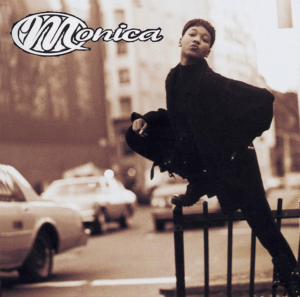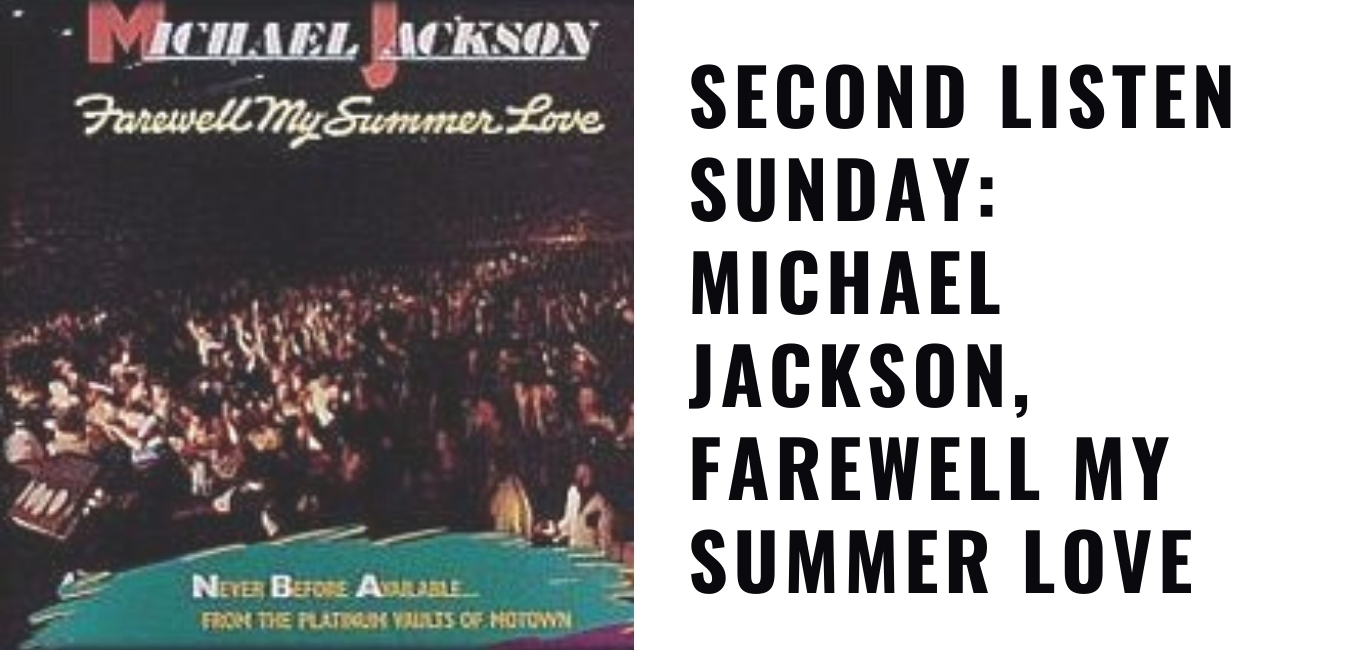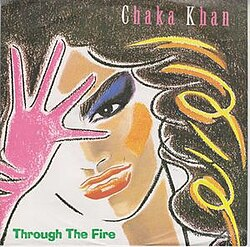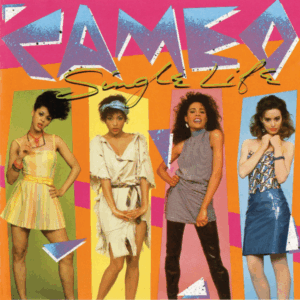There was no bigger musical star than Michael Jackson in 1984. In the spring of that year, the King of Pop was basking in the success of Thriller. He was also getting ready to embark on the Victory tour with his brothers. Motown, Jackson’s former record label, saw an excellent opportunity. The record label decided a compilation album of unheard Mijac music was in order. Carrying the title Farewell My Summer Love, the nine-song album features archived Michael Jackson recordings from January to October 1973.
Allegedly, Motown lost the tracks Motown but rediscovered them in 1984. To give the album a more contemporary sound, Motown remixed the songs and added all-new musical overdubs. The album’s title track from the pen of Keni St. Lewis was the lead single. For me, the song highlights Michael’s voice shifting from puberty to young man.
While the song has a bubblegum vibe, the way Michael sings it is infectious. Keni St. Lewis also contributed the second single, “Girl You’re So Together,” which is a bit sweeter than the first single and screams bubble gum.
The opening track of Farewell My Summer Love is “Don’t Let It Get You Down.” Mel Larson, Jerry Marcellino & Deke Richards wrote the one, and this is a song made for the clubs. The song was a few years ahead of its time, and if given to another Motown artist, it may have worked as a disco hit. A simple yet lovely cover of The Miracles “You’ve Really Got a Hold On Me,” is up next. Michael’s voice does not come through as immaculate as it did on his cover of “Who’s Lovin’ You.
Listening to this song, I could hear his voice changing and get the feeling he did not want to do the song. Nevertheless, Jackson does what he can to make the song his own. The following two songs, “Melodie” and “Touch the One You Love,” come off as filler. However, the latter one would have been great for New Edition to record with Bobby Brown and Ricky Bell sharing the lead. The Mizell Brothers contribute “Call On Me,” a lovely ballad and one of the stronger songs. The final two songs on the album are a cover of Al Green’s Here I Am (Come and Take Me) and the message song “To Make My Father Proud.”
When it comes to unreleased material, record labels have always looked at the commercial interest. When sales are booming from the artist’s highest-selling album, it is a no-brainer to release unheard music. Jackson’s star was so bright in 1984 he could do no wrong to some. He could have done a one-time guest appearance on the television flop The Duck Factory, and millions would tune in. I was three years old when Farewell My Summer Love hit records and loved everything MJ was doing. However, at age forty, despite a few song gems, I know that Farewell My Summer Love is nothing more than a cash grab.
Top Songs: “Farewell My Summer Love,” “Don’t Let It Get You Down,” and “Call On Me.”
Initial Listen Grade: A (age 3)
Relisten Grade: C (age 40)
Farewell My Summer Love is available on all streaming platforms






